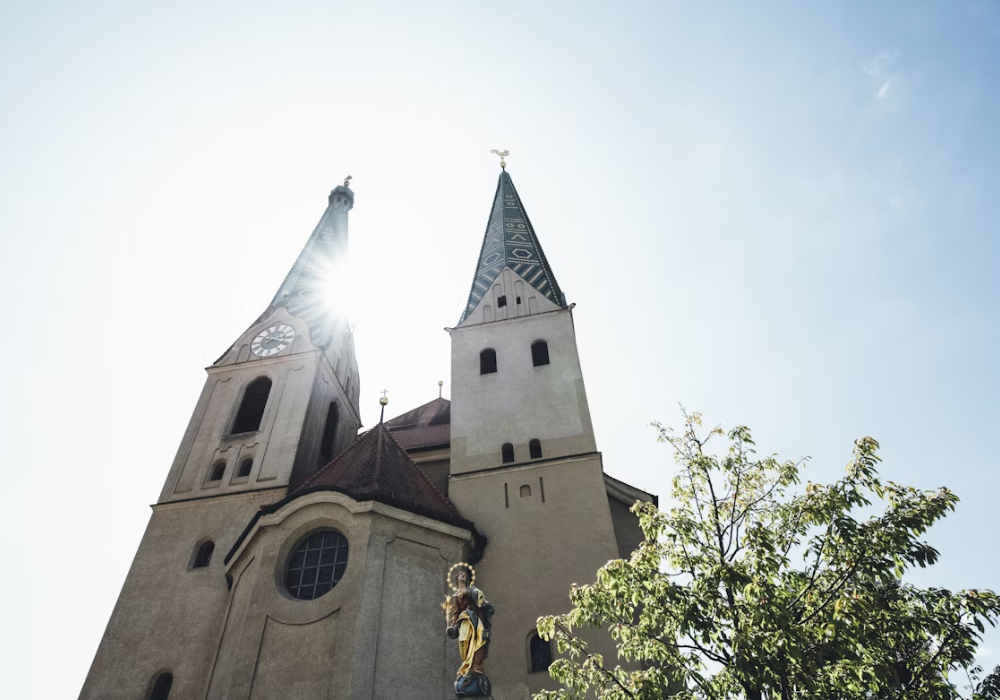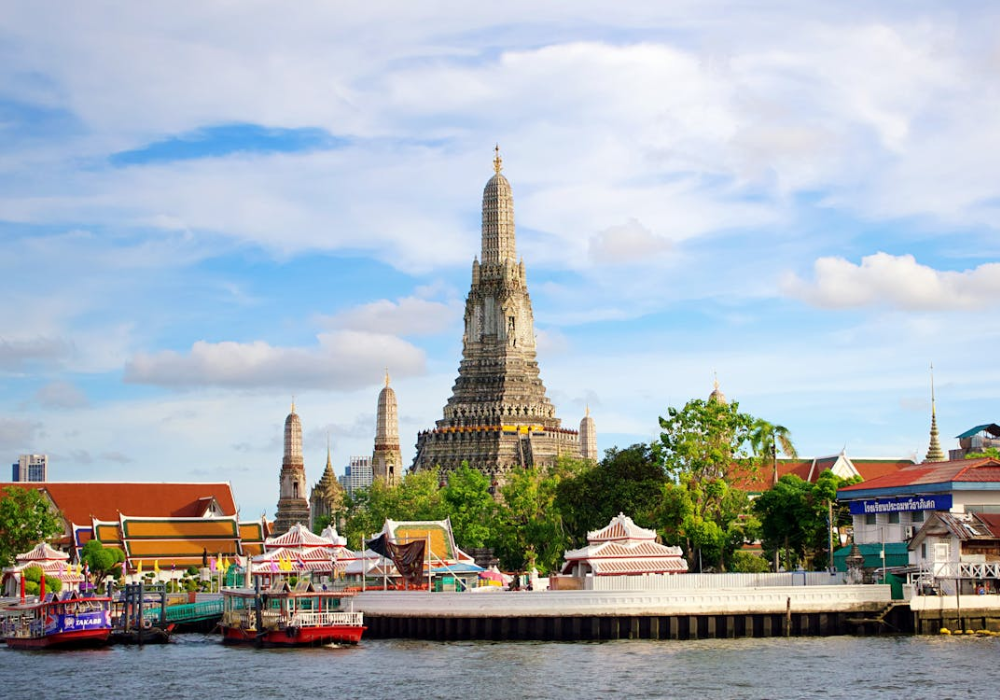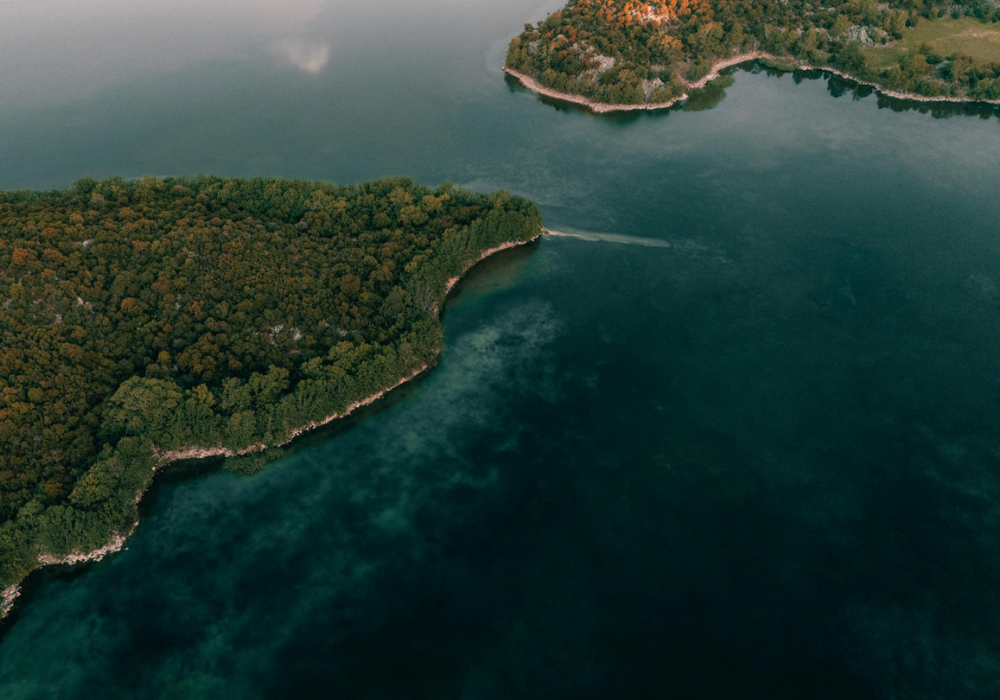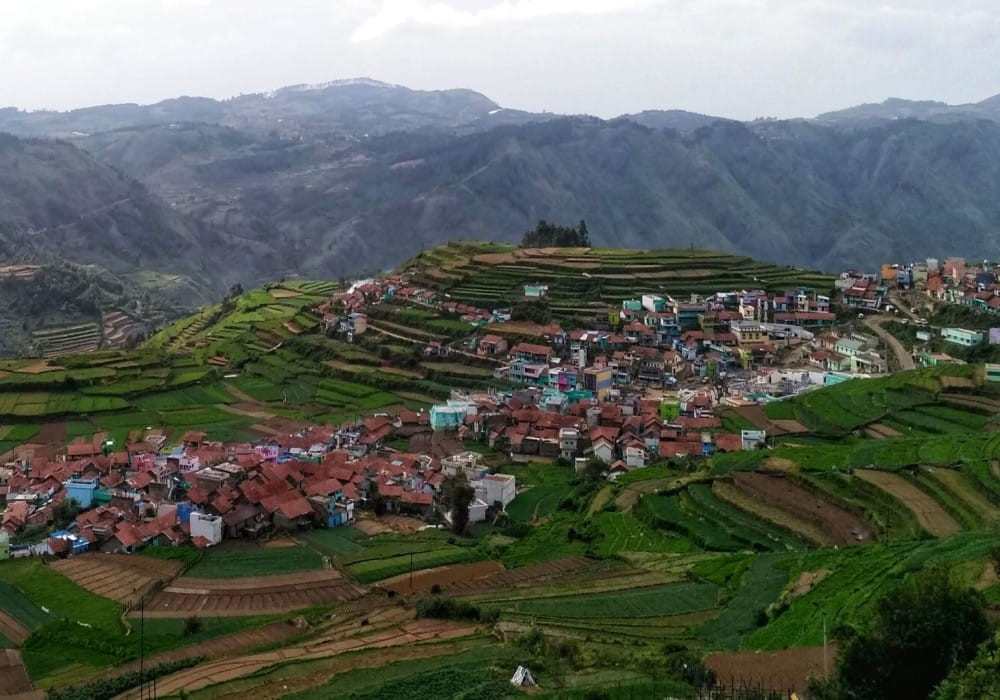
Last Updated At: 22-Jan-2025
History of Albania - A Journey Through Time
Albania, situated at the heart of the Balkans, reveals a rich history that mirrors its varied landscapes. Tracing its origins to the resilient Illyrian civilization, Albania's story meanders through eras of Roman authority, Byzantine grandeur, and the rise of autonomous realms such as the Principality of Arbër. The journey across the history of Albania encompasses the turbulent 20th century, marked by the victory of independence and the shadows cast by communist governance. Transitioning from seclusion to democracy in the late 20th century, Albania now stands rejuvenated, blending tradition and progress in a vibrant amalgam. The cultural mosaic of this nation reflects a heritage shaped by harmonious melodies, traditional attire, and archaeological marvels like the UNESCO World Heritage Site, Butrint. As Albania looks toward the future, it epitomizes not merely a nation but a living testament to the enduring resilience that intertwines historical threads into a compelling narrative of liberty and achievement.
Ancient Echoes - Illyrian Civilisation and Roman Influence
Against the backdrop of time, the Illyrian civilisation emerges as a captivating tale of resilience and cultural richness, dating back to 2000 BC. These tenacious tribes, dwelling in the rugged landscapes, crafted a narrative etched in hill forts, burial mounds, and intricate metalwork. With their distinctive language and customs, the Illyrians laid the groundwork for the unique Albanian identity. However, in the 2nd century BC, the formidable Roman Empire cast its expansive shadow, absorbing Illyria into its grand tapestry. The Roman influence, evident in architecture, infrastructure, and the adoption of the Latin alphabet, became the silent architect shaping the evolution of the Albanian language. This intersection of ancient echoes and imperial forces forms a fascinating chapter in Albania's cultural mosaic.
Byzantine Splendour and the Rise of Albanian Kingdoms
In the wake of Rome's decline, the Byzantine Empire emerged as a cultural and religious bastion, shaping the historical tapestry of Albania. Amidst the splendour of Byzantine influence, Christianity flourished, leaving behind awe-inspiring churches and monasteries that stand as silent witnesses to a bygone era. The 13th and 14th centuries heralded a transformative chapter in Albanian history, marked by the ascent of independent kingdoms, notably the Principality of Arbër. These burgeoning realms not only reflected remarkable political autonomy but also played a pivotal role in cultivating a distinct national identity among the Albanian people. Against the backdrop of Byzantine grandeur, the rise of these ancient Albian Empires laid the foundations for a unified future, stitching together the intricate threads of Albania's rich past.
Read More : Places To Visit In Albania
Ottoman Rule in Albania and Centuries of Struggle
Amidst the ebb and flow of ancient civilizations, the Illyrians forged a remarkable chapter in the Albanian narrative. The Byzantine era, succeeding the Roman epoch, unfurled a canvas of religious fervour and architectural marvels across the Albanian landscape. Churches and monasteries emerged, silent witnesses to a cultural tapestry woven with threads of faith and grandeur. However, it was in the 13th and 14th centuries that the Albanians carved their destiny, with independent kingdoms like the Principality of Arbër rising to prominence. These kingdoms weren't just geopolitical entities; they served as crucibles for a burgeoning national identity, laying the cornerstone for the eventual unity of the Albanian people. Through the corridors of time, the Illyrian legacy endures, etched in the stones of resilient structures and the spirit of a people who navigated the currents of history to assert their distinct place in the world.
Independence Gained, Communism Embraced | A Tumultuous 20th Century
Amidst the turbulent waves of history, Albania emerged from the shadows of Ottoman dominance in 1912, proclaiming its long-sought independence. Yet, this triumph was a prelude to a tempestuous saga, with the nation grappling with continual unrest and foreign intrusions. The turmoil of World War II cast Albania into the clutches of Italian and German occupation, birthing an epoch defined by Enver Hoxha's iron rule and the advent of communism. Enver Hoxha's regime, marked by staunch socialism and a fortress of self-reliance, encapsulated Albania in isolation, fostering stability but at a poignant cost—strangling the breath of personal liberties and artistic expression. The landscape of Albania's independence was painted with shades of resilience and sovereignty, but the embrace of communism cast a shadow that echoed a formidable price in the quietened alleys of individuality.
Albanian War of Independence - Embracing the Future
In a transformative chapter of Albanian history, the late 1980s saw the curtain fall on the isolated era of communist rule, echoing the changes sweeping across Eastern Europe. The dismantling of Hoxha's regime in 1990 signified the nation's departure from isolation, setting the stage for a turbulent but optimistic journey toward a multi-party democracy and a market-oriented economy. This pivotal period witnessed Albania stepping out of the shadows of isolation and into the light of democratic aspirations. The metamorphosis from a closed society to an open political landscape marked a profound shift, shaping the nation's destiny and fostering newfound possibilities for its people. The winds of change that swept through Albania during this time not only reshaped its political landscape but also stirred the collective spirit of a nation on the brink of a democratic renaissance.
Cultural Heritage of Albania - A Legacy of Traditions and Arts
Albania, steeped in a tapestry of cultural richness, weaves a mesmerizing Legacy of Traditions and Arts. The nation's history and geographical allure have forged a unique identity reflected in its vibrant customs. The polyphonic melodies of traditional music echo through time, etching themselves into the very essence of Albanian hearts. The folk costumes, adorned with intricate needlework, serve as living canvases, narrating tales of the past. As captivating as the storytelling that echoes through generations, Albania's cultural tapestry is a testament to the resilience and creativity embedded in its heritage. This legacy, a dynamic fusion of history and art, stands as a living testament to the enduring spirit of a nation and its people.
Treasures Unearthed: Archaeological Sites and World Heritage Wonders
Brimming with echoes of ancient civilizations, Albania stands as a living museum of human history. Among its revered jewels lies Butrint, a UNESCO World Heritage Site weaving stories of Roman and Greek legacies through its unearthed ruins. The land breathes tales of medieval valour, crowned by hill-perched castles and towns adorned with Ottoman-era mosques and vibrant bazaars. Each weathered stone and echoing archway whisper the secrets of a bygone era, inviting travellers to walk alongside the footsteps of empires long past. Archaeological sites in Albania, from the rugged forts to the cobblestone streets, serve as timeless anchors, bridging the gap between antiquity and the present, painting a vivid canvas of the nation's rich historical tapestry.
Looking Ahead - A Nation Reborn
In the heart of history's grasp, Albania emerges like a phoenix from the ashes, a testament to the resilience and the unwavering spirit of its people. From a tapestry woven with struggle and upheaval, a nation reborn stands tall today. Albania's journey through a tumultuous past has sculpted its character, leaving behind scars that whisper tales of endurance. Now, a new chapter unfolds—one of aspiration and progress. Its landscapes, akin to a painter's canvas, depict the raw beauty of mountains kissed by the sun and seas that echo ancient stories. Albania's cultural tapestry, intricately threaded by centuries of tradition, invites the world to witness its evolution—a fusion of heritage and modernity harmoniously coexisting. As Albania faces the horizon, it is not just a nation; it is an embodiment of freedom's triumph—a living testament to the relentless pursuit of a brighter tomorrow.
Read More : Food Of Albania
Albania's history is a captivating narrative that unfolds like a vivid tapestry, woven with threads of ancient civilisations, medieval legacies, struggles for independence, and a vibrant cultural heritage. Its journey from the ancient Illyrians to the modern nation it is today is a testament to the resilience, perseverance, and enduring spirit of its people. As Albania continues to evolve and embrace its future while honouring its past, it remains a testament to the richness and diversity of human history. Adotrip offers comprehensive support for your journey, including sightseeing the history of the places to travel in Albania, and bookings, all in one convenient package. Start planning your Albania adventure and secure the finest travel deals with us.
With us, nothing is far!
Book Albania Tour Packages
Frequently Asked Questions About The History Of Albania
Q1. When was Albania founded as a modern nation-state?
A1.Albania was founded as a modern nation-state on November 28, 1912, following its declaration of independence from the Ottoman Empir
Q2. What is the significance of the Skanderbeg era in Albanian history?
A2.The Skanderbeg era, during the 15th century, holds immense significance in Albanian history. Skanderbeg, or George Kastrioti, was a national hero who led a successful resistance against Ottoman expansion in the region for around 25 years. His leadership became a symbol of Albanian national identity and resistance against foreign domination
Q3. Can you explain the impact of Ottoman rule on Albania's history?
A3. Ottoman rule significantly impacted Albania's history. Lasting for over four centuries, it brought cultural, religious, and administrative changes to the region. The Ottomans introduced Islam, which became a predominant religion, and established a system of governance that affected Albanian society, language, and customs.
Q4. How did Albania gain independence from the Ottoman Empire?
A4.Albania gained independence from the Ottoman Empire after a series of uprisings and struggles. The most significant movement was the Albanian Declaration of Independence on November 28, 1912, during the First Balkan War, which ultimately led to the recognition of Albania as an independent state.
Q5. What role did Enver Hoxha play in shaping Albania's history during the 20th century?
A5. Enver Hoxha was a dominant figure in Albania's history during the 20th century. He led the country as the First Secretary of the Party of Labour of Albania from 1944 until he died in 1985. Hoxha implemented a Stalinist regime, isolating Albania from the Soviet Union and later China. His policies included collectivization, purges, and an intense focus on self-reliance. Albania under Hoxha became one of the most isolated and tightly controlled nations in the world during the Cold War era.
--- Published By Adotrip
Latest Blogs

Harvest Festivals of India You Can’t Miss This Fall

Why Historic Churches at Tourist Sites Are Investing in Smar...

Secure Your Health in Thailand with Long-Term Coverage

Customized vs. Group Meghalaya Trip Packages: Which One Shou...









 Dubai
Dubai Malaysia
Malaysia USA
USA





